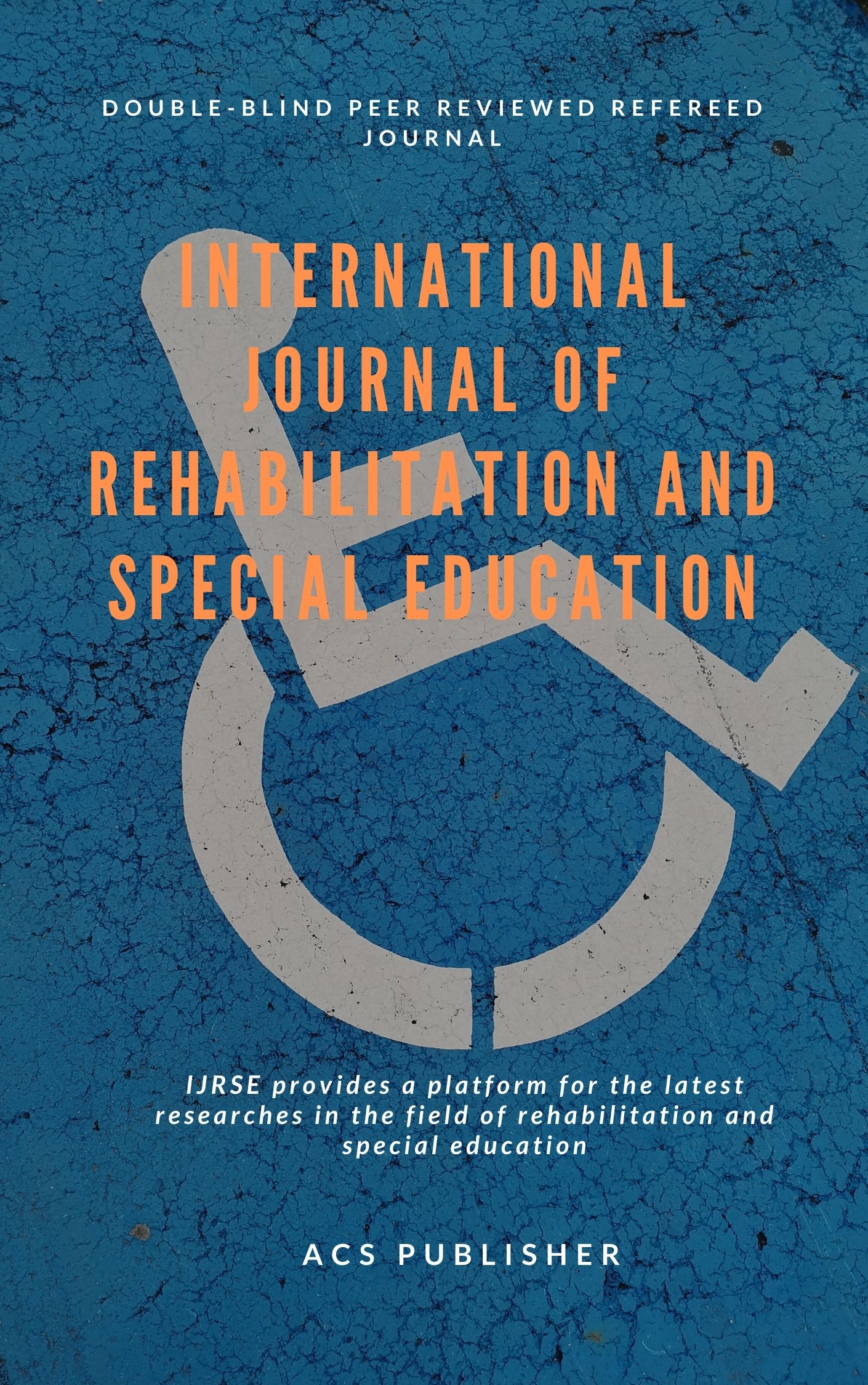Assessing the Effectiveness of the Enright Process Model on Forgiveness and Anger of Colleges Students
DOI:
https://doi.org/10.48165/Keywords:
Anger, Enright Process Model, Forgiveness, College, EducationAbstract
There are a lot of conflicts in school and home settings due to uncontrolled anger and a lack of forgiveness among members of the given society, whereas these problems could easily be handled and controlled if proper interventions were put in place. This study assessed the effectiveness of the Enright Process model on anger and forgiveness among college students. A quasi-experimental design with pre- and post-testing methods between the experimental and control groups was used. The study's population consisted of all level 100 students from the Seventh-day Adventist (S.D.A.) and Mount Mary College of Education in Ghana's Eastern Region. Thirteen (13) first-year students each were selected from two colleges of education to serve as experimental and control groups. The Attitude Scale and the General Anger Inventory were used for data collection. Dependent Samples t-test was used to analyse the four hypotheses that were formulated to drive the work. The main findings of the study showed that the Enright Process Model impacted the experimental group’s level of forgiveness but not anger, even though there was a little reduction of the anger. The Enright Process Model was found to be effective in treating forgiveness among college students; thus, school counsellors are encouraged to use the therapy to help people reduce anger and forgive easily.
References
Downloads
Published
Issue
Section
License
Copyright (c) 2024 International Journal of Rehabilitation and Special Education (IJRSE)

This work is licensed under a Creative Commons Attribution-NonCommercial-NoDerivatives 4.0 International License.

